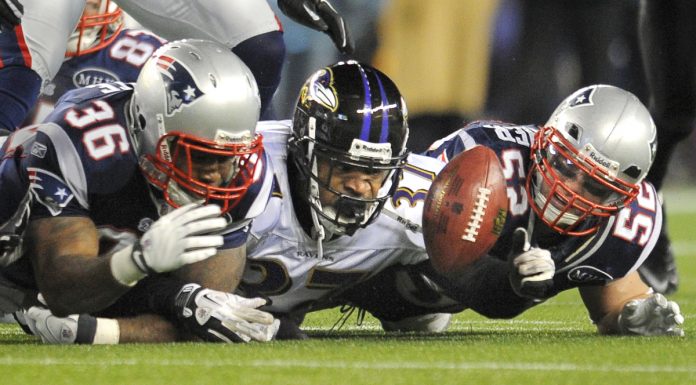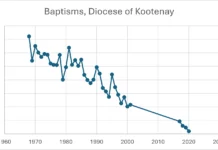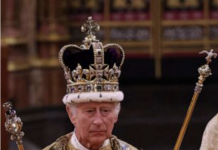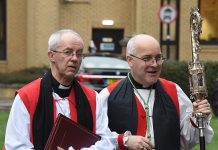
What a game of Orwellian double-speak the Church of England’s bishops have been playing. Their ‘pastoral statement’ on heterosexual civil partnerships was surely not ‘pastoral’ at all? Surely it was thoroughly political and has now backfired?
After some of their number publicly distanced themselves from the statement their House had issued on January 22nd upholding the Book of Common Prayer’s teaching on marriage, the CofE’s senior pastors last week issued an ‘apology’. This followed a College of Bishops meeting, which included suffragan bishops.
What this apology was for was very unclear. It seemed to be for the offence caused by the re-iteration of the BCP’s teaching. The statement itself has not been withdrawn but the apology has shown how embarrassed the CofE’s bishops are by the traditional Christian sexual ethic in the teeth of the derision they have received from influential woke activists.
How did the bishops get themselves into this hole? Here is one possible explanation:
They felt they needed to say something following the introduction of heterosexual civil partnerships, which are much more of a rival to church weddings than same-sex civil partnerships are.
So, their staffers re-hashed the 2005 ‘Pastoral Statement’ on civil partnerships thinking they were creating a politically expedient holding space whilst the ‘Living in Faith and Love’ consultation on sexuality is ongoing. This intention would seem to be evident in the conclusion to the January 22nd statement, which affirms the traditional ethic and describes those who choose to reject the Bible’s teaching as ‘conscientious Christians’:
‘With opposite sex civil partnerships, and with those for same sex couples, the Church’s teaching on sexual ethics remains unchanged. For Christians, marriage – that is the lifelong union between a man and a woman, contracted with the making of vows – remains the proper context for sexual activity. In its approach to civil partnerships the Church seeks to uphold that standard, to affirm the value of committed, sexually abstinent friendships and to minister sensitively and pastorally to those Christians who conscientiously decide to order their lives differently.’
The politics seems to have failed. After revisionist campaigners launched a powerful assault on the statement, the bishops have cowered. It now looks as if the General Synod will allow services of blessing for same-sex relationships after the 2020 elections before eventually changing the Marriage Canon itself.
When they nodded through their latest ‘pastoral statement’ on civil partnerships, the bishops did not seem to get how much more militantly woke the Church of England has become since 2005.
CofE traditionalists can surely learn from this fiasco. Instead of taking part in the political games the bishops are playing, shouldn’t they be preparing to leave a denomination whose leaders have shown that they are embarrassed by Christ’s teaching on the exclusively heterosexual nature of marriage?
The Lord willing, biblically orthodox bishops in the Church of England and in the wider Anglican Communion will smell the smoke coming from the engine room and stay well away from the Lambeth Conference.
Would not their pastoral faces in the final photo shoot only play into the hands of the church politicians?









